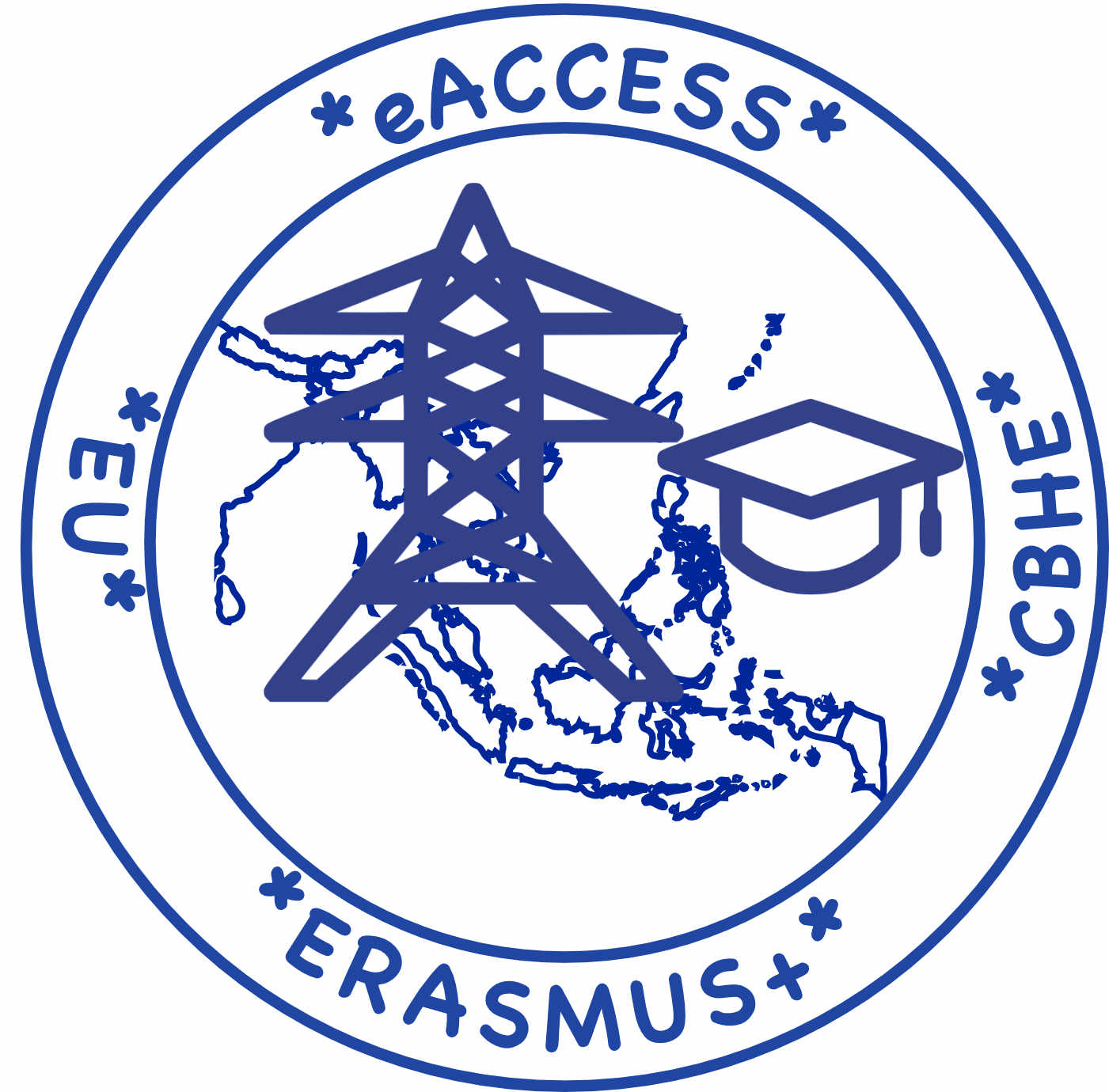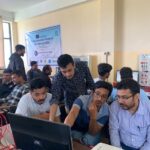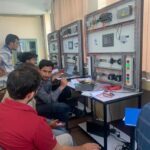Ten Day Automation Training on PLC, HMI and SCADA at KEC
A comprehensive ten-day Automation training program was meticulously organized and conducted within the state-of-the-art facilities of the Automation Laboratory, KEC, Nepal. The training program attracted the participation of twelve individuals from various government and private institutions. Notably, the diverse pool of participants represented a wide spectrum of backgrounds, thereby fostering a rich learning environment. Additionally, the inclusive nature of the program was underscored by the active involvement of a minority group from within the country. The successful execution of this program was made possible through the invaluable support and collaboration extended by the esteemed eACCESS project.
A central focus of this training initiative revolved around the intricacies of automation, with an emphasis on the practical application of PLC (Programmable Logic Controller), HMI (Human Machine Interface), and SCADA (Supervisory Control and Data Acquisition) systems. Participants were afforded a unique opportunity to augment their proficiency in both theoretical concepts and hands-on practical applications, thereby fostering a holistic understanding of contemporary automation technologies.
Guiding the participants through this immersive learning journey were two distinguished experts in the field. Senior Lecturer Bishal Rimal played a pivotal role in facilitating the training sessions, providing invaluable insights and fostering an engaging learning atmosphere. Serving as the lead trainer was the highly experienced Mr. Krishna Keshav Chaudhary, whose extensive industry expertise and understanding of Automation dynamics significantly enriched the overall quality of the training program. The collective expertise of these accomplished professionals played a crucial role in ensuring a comprehensive and enriching educational experience for all participants involved.
Following aspects were covered in this workshop:
1. Enhanced proficiency in the practical implementation of PLC, HMI, and SCADA systems among participants.
2. Strengthened understanding of contemporary automation technologies, leading to increased efficiency and productivity in participants’ respective roles.
3. Establishment of a network of professionals from diverse backgrounds, fostering collaboration and knowledge exchange beyond the training program.








